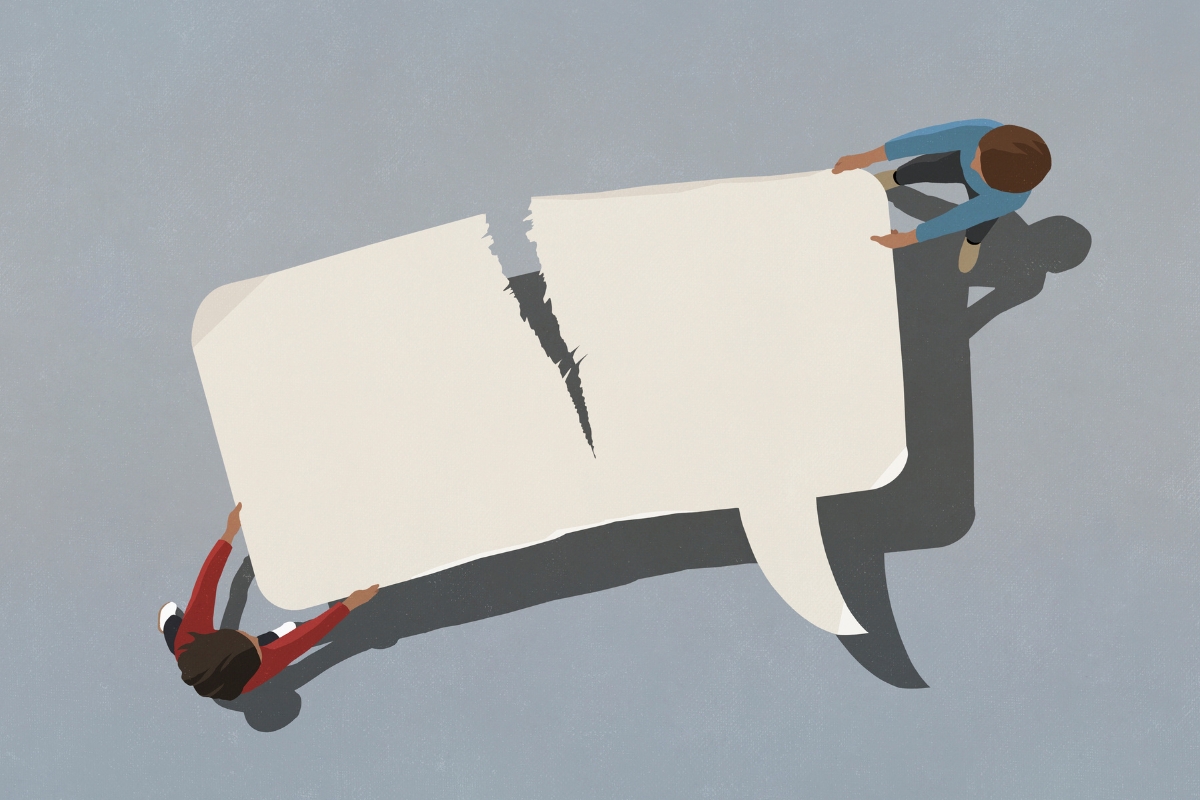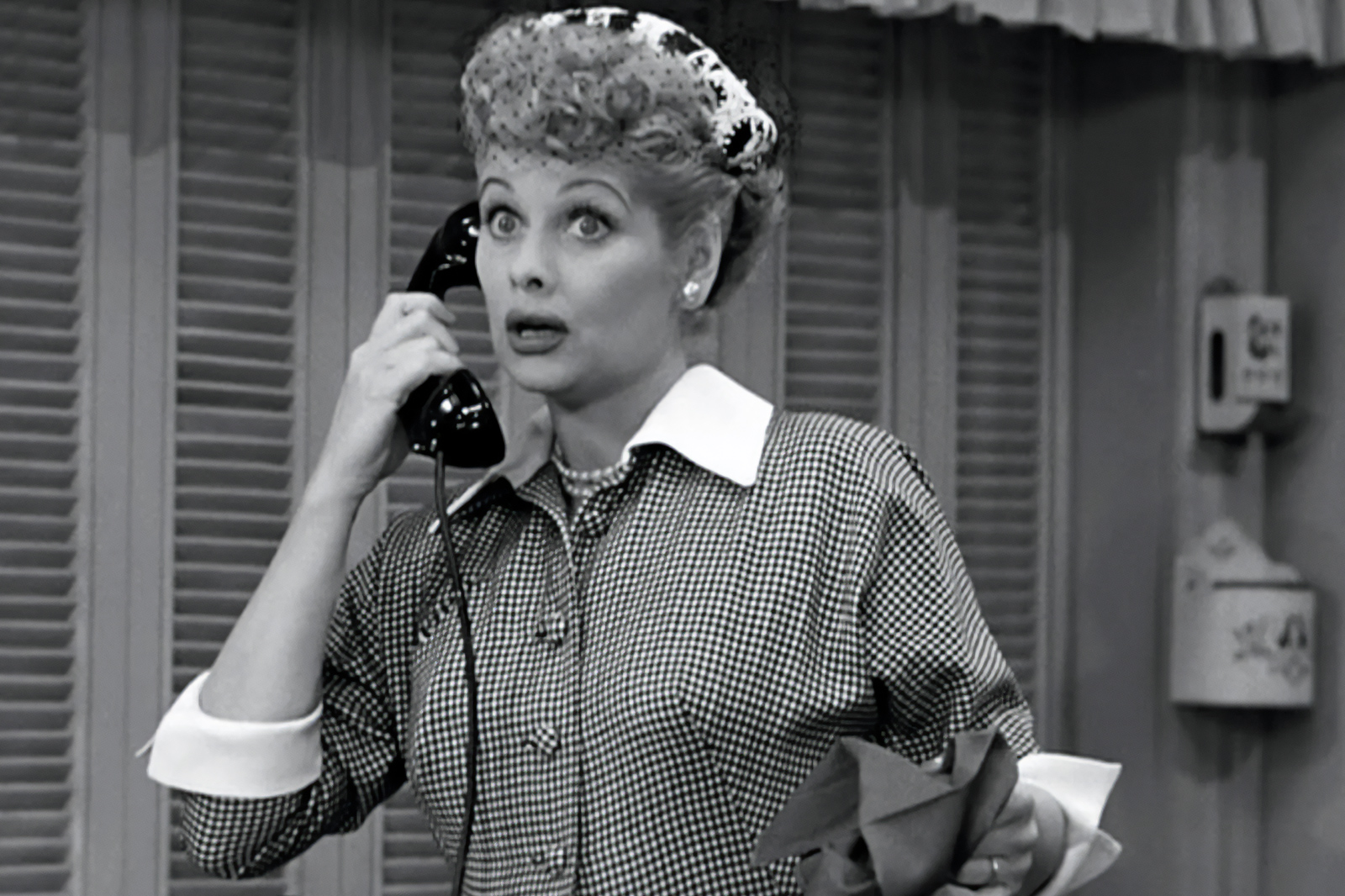Always Broke? Your Attachment Style Might Be The Culprit.

Chile, it can be financially tough out here in these inflation streets. And whenever I'd use my voice to talk about exactly how hard it can be, my Granny would always tell me, "Don't ever say you're broke. You're blessed, and you have a chance to make a change." Well, while I love wisdom from the elders, sometimes (hey, oftentimes) it was indeed a code-red situation. When I had less than $20 in one account, a negative balance in the other, and two more weeks until payday, I was indeed broke.
Back in the day, sometimes I'd have to choose between a $2 slice of pizza for lunch and a Metro card to get home from work. (This was New York City circa early 2000s y'all.) I'd literally be living paycheck to paycheck, often debating over buying a $15 pair of shoes from Rainbow while watching my peers, who worked in the Financial District, had side hustles, or held blue-collar jobs with moderate salaries, not think twice about buying two $300 bottles of Moët at a club.
I later learned that my constant sense of being "broke" could have something to do with my attachment style, a concept all too familiar to the mental health community. Let's get into a few things about how this can affect the way we perceive and use money:
What Is An Attachment Style?
Your attachment style is connected to the way your primary caregivers interacted with you as an infant or child, and it flows into how you interact with people as an adult. Experts agree that your earliest experiences with the bonds you made (or didn’t make) with your parents or the people who raised you can impact not only relationships but the way you earn and use your money as well.
There are four attachment styles that psychologies identify: secure, anxious, avoidant, and disorganized. For example, if your parents were attentive, made you feel safe, and were consistently reliable, you’re likely, according to mental health experts, to embrace an attachment style that is secure, leading to stable, healthy relationships as an adult.
However, if your mom and/or dad were the total opposite in their actions related to you, you’re likely to embrace one or more of the other three styles, which can lead to challenges in adult relationships.
When it comes to money, this can manifest itself in several ways that can help you pinpoint solutions. (And one caveat: In order to truly get to know your attachment style, be sure to consult with a trained counselor or psychotherapist to unpack and process things in a manner that affirms truthful realizations about yourself.)
How Attachment Styles Affect Money Management

Think about it: Isn't money a very emotional topic, especially when you don't have it and need it? I've cried many times, ugly tears, about a bill that's passed due or not having enough money to get my hair done for a special occasion. I've also cried about the shame I felt borrowing money and owing anybody. (My Granny also had another saying: "Don't borrow from people. They'll never let you live it down.")
Not earning or having enough money is indeed something that can impact your mental health, self-perception, and lifestyle choices, thus why wouldn't an attachment style be linked somehow to constantly being broke?
Research has even found that attachment style can impact financial decisions and how we perceive others based on those same decisions.
Those with “high attachment anxiety” and those with “high attachment avoidance” styles, for example, engaged in “more irresponsible financial behaviors, according to a 2021 study.
So, let's say you fall under the “anxious preoccupied attachment”—something I actually battle with as a survivor of abuse and as someone who did not grow up with my biological father—there’s a “deep-seated fear of abandonment or even a feeling of unworthiness when it comes to love.” You often worry that loved ones will stop caring about you, and you often need reassurance. You’ll text and call back-to-back, start overthinking the simplest of interactions, or you’ll feel a deep sense of sadness or anger when people don’t respond to you immediately or with enough enthusiasm.
You’re constantly worrying, which can lead to high stress and anxiety. And when it comes to money, the same can ring true. At least, it did for me. Whenever I’d get money, I’d fear it was never enough.
I’d also spend emotionally because I’d constantly be trying to affirm myself with a new purchase of food, clothing, or a new wig. (That was my jam back in the day—a shopping spree at the local beauty supply. I’d literally spend $500 on the same junk every week that I did not need simply because I’d had a bad day or a new boo hadn’t called me like he said he would.)
Then I’d be mad when I didn’t have money to go with my friends to the latest concert at Madison Square Garden or for a trip to Mexico that next summer. I had a good friend back then who I used to party hard with, and she was never broke. She always had an emergency fund and could buy and do whatever she wanted, making a much lower salary than I was! Something had to give.
Addressing Money Matters

Through years of self-reflection, trial-and-error, and, of course, sprinkles of therapy, I was able to learn exactly how my attachment style not only impacted my relationships with men (it was totally toxic), as well as how I saw my life in relation to my money.
I really needed to unpack some of the shame I took on learning money lessons from my well-meaning grandmother, the true effects of acknowledging a childhood that included witnessing and experiencing things that I shouldn't have, and forgiving others and myself (an ongoing project). I also had to begin taking action to cultivate a better relationship with self-love and self-improvement.
I learned that I am enough, thus any amount of money I have is enough, and that my worth isn't in a dollar amount (just like my worth is not determined by any outside force or person). I can make mistakes, learn from them, borrow responsibly, save up, budget, invest, and say no to myself when I feel the need to make a ridiculous purchase just because I'm mad or sad. I can also treat myself and take on that abundance mentality all the financial fitness girlies keep shouting about. I don't have to keep triple-checking my accounts, chasing checks, or avoiding autopay, either.
At my big geriatric millennial age, I've come to the realization that the basics of good money management don't change whether I make $35,000 a year or $90,000. I'm still a work in progress, and I get that unlearning things that you've done for over a decade can take time and patience—lots of it. And that's totally okay.
Let’s make things inbox official! Sign up for the xoNecole newsletter for love, wellness, career, and exclusive content delivered straight to your inbox.
Featured image by Vladimir Vladimirov/Getty Images


